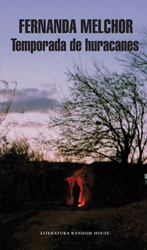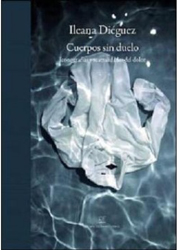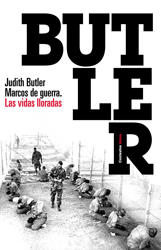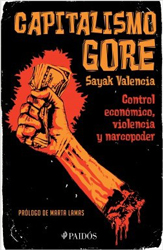Violence-Sexuality-Eroticism
The poet and feminist Audre Lorde understands eroticism as a form of power, of self-knowledge that takes place in intimate spaces, but also in collective spaces. In this sense, eroticism functions as a form of resistance in the context of a “racist, patriarchal and anti-erotic” society, with forms of sociability/sensibility and mechanisms for conserving power that are based primarily on the (re)production of different forms of violence (1978). In contrast to Lorde’s assertion, eroticism has also been understood as a vehicle of coercion that is crucial for disciplining sexuality in a heterosexual system, and consequentially for the objectification of the feminized body and the commodification of sexuality (Preciado, 2000; Floyd, 2009). In this section, we explore—from a gendered perspective—the variations of eroticism in contexts that are characterized by brutal forms of violence, using as a point of departure the novel Temporada de Huracanes (2017) by the writer Fernanda Melchor from Veracruz, Mexico.
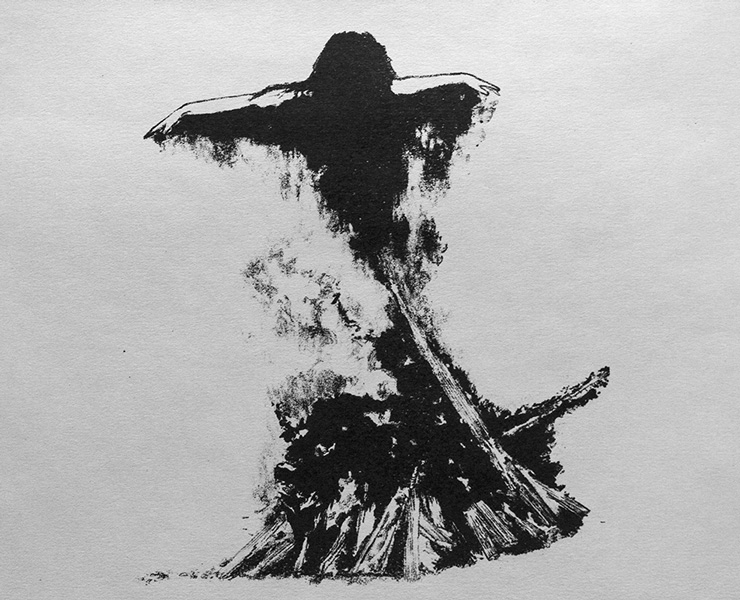
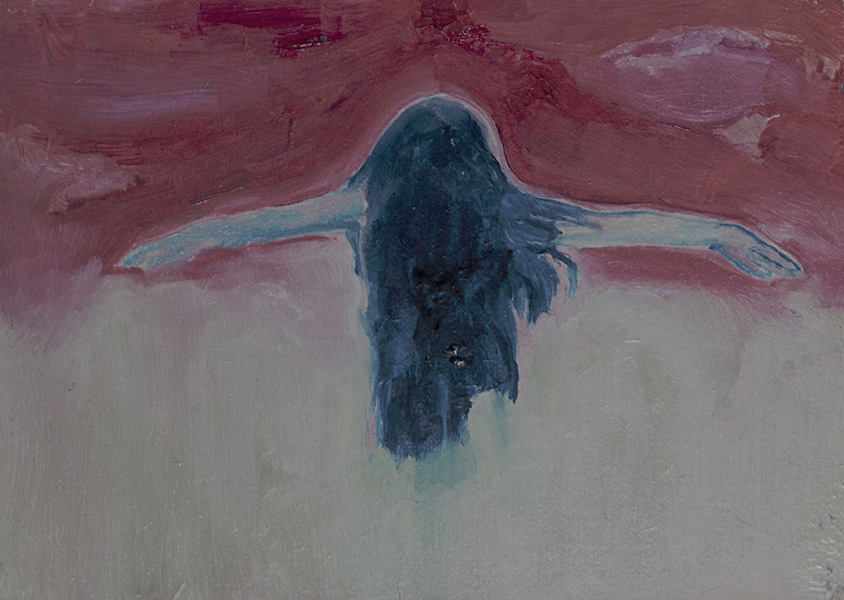
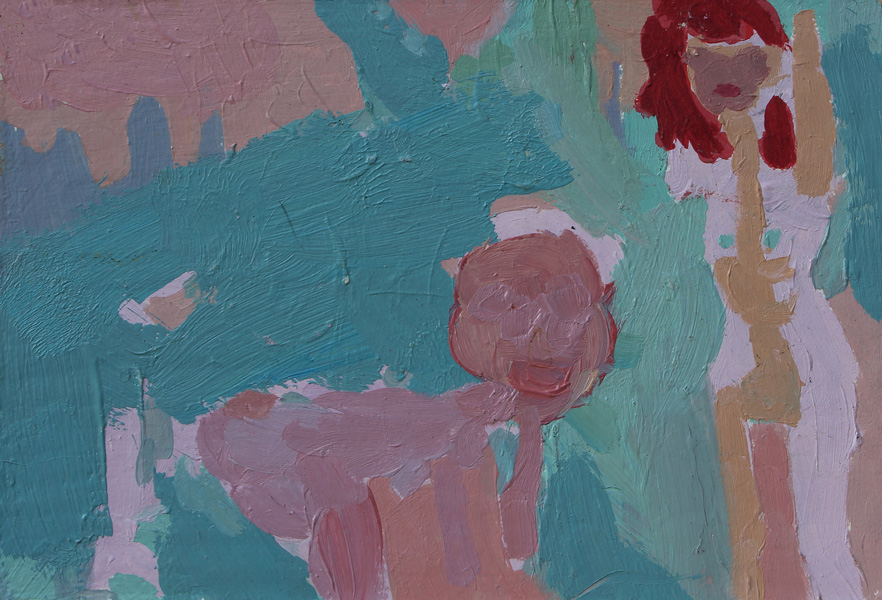
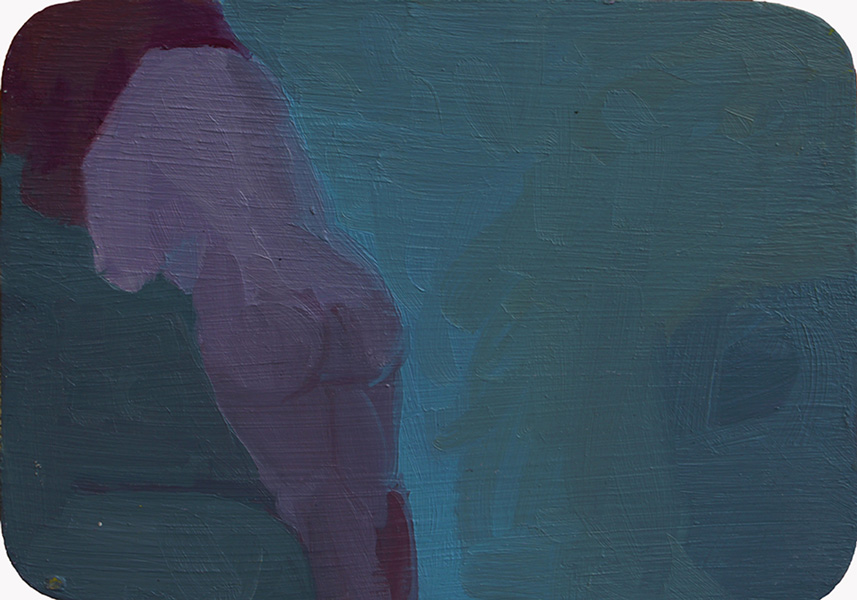
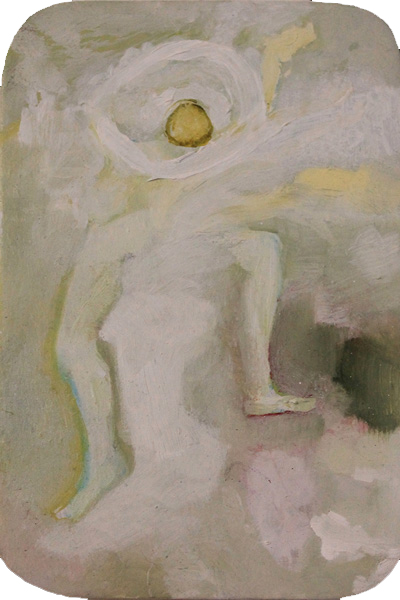
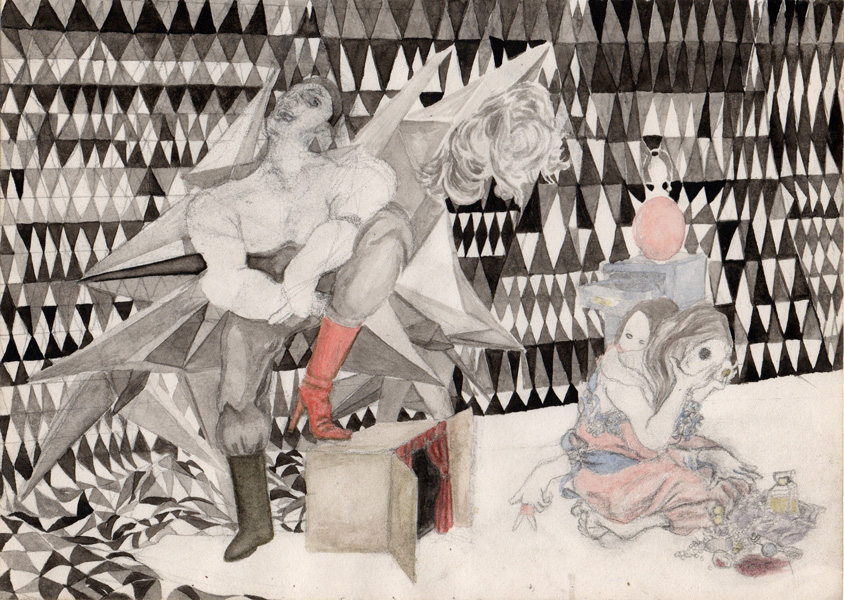
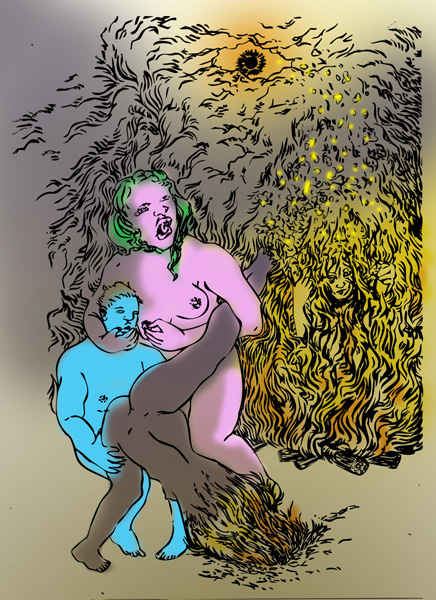
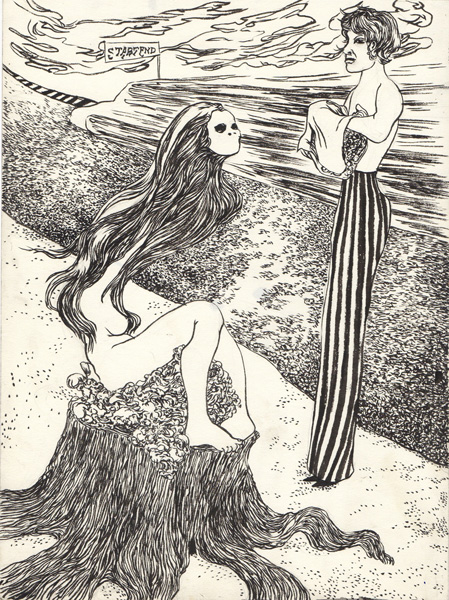
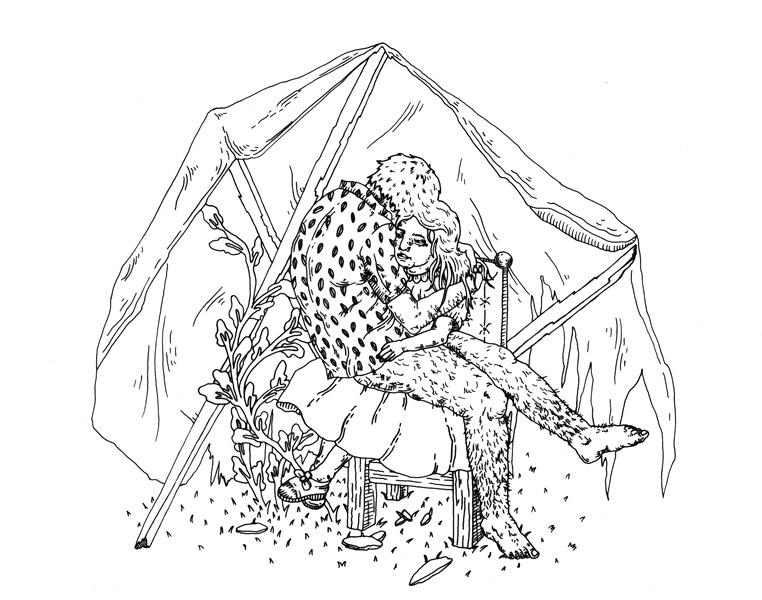
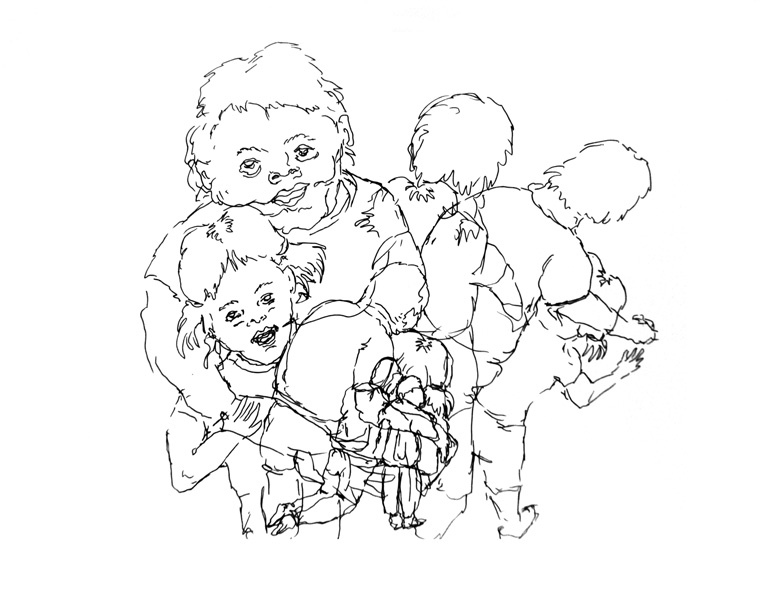
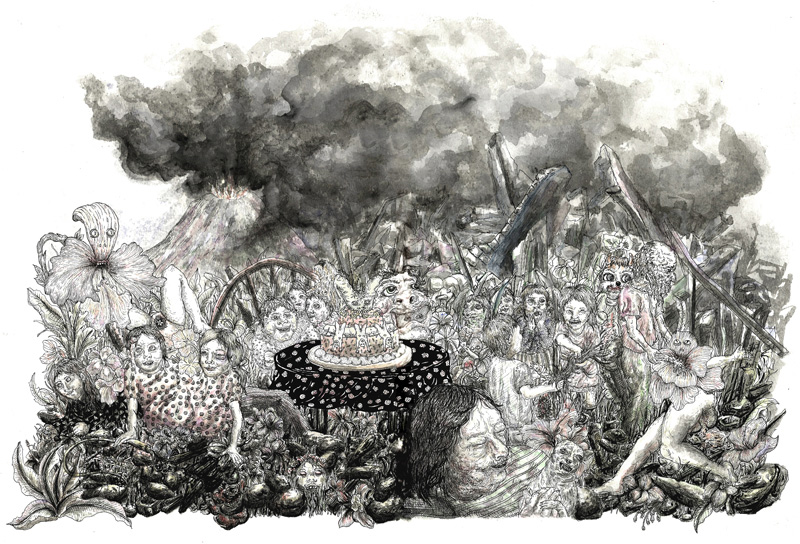
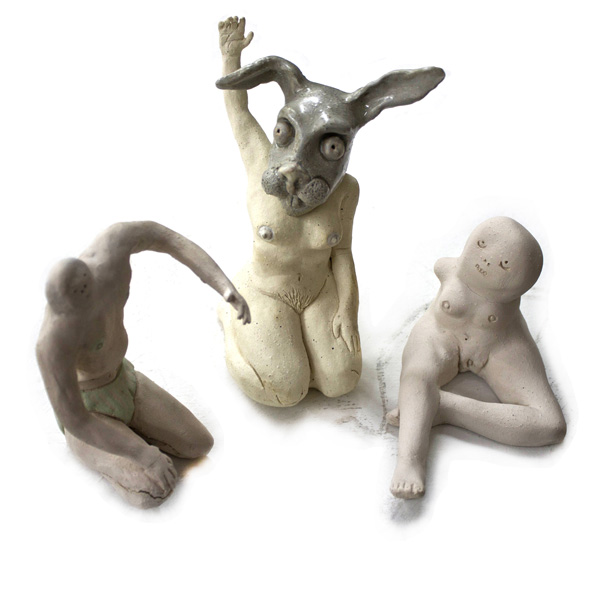
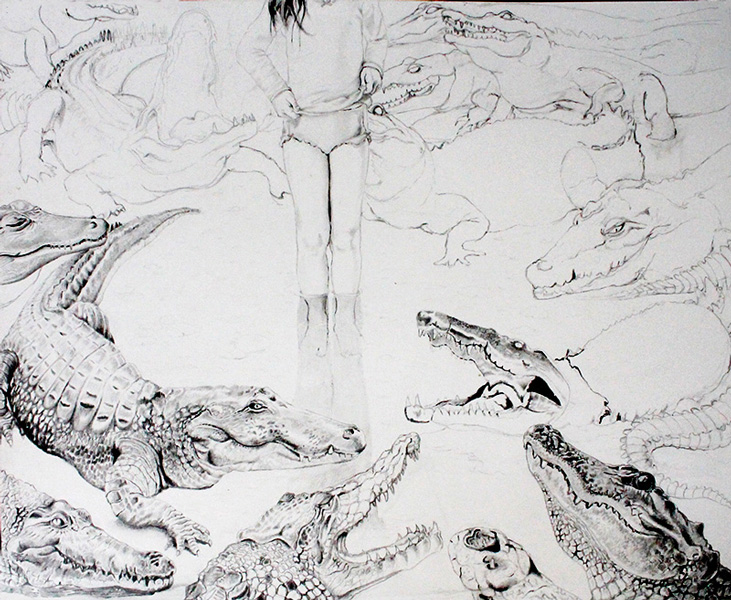
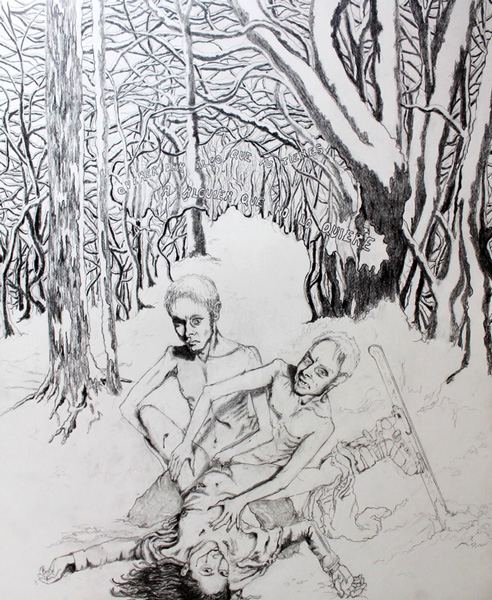
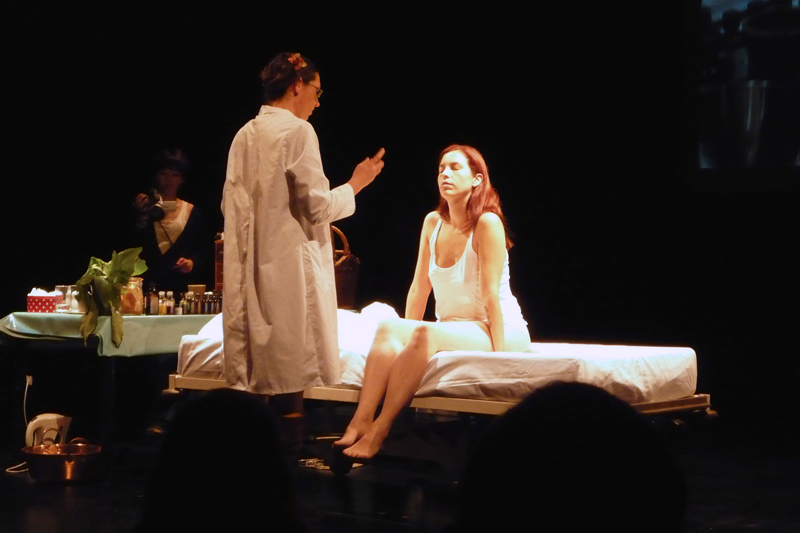
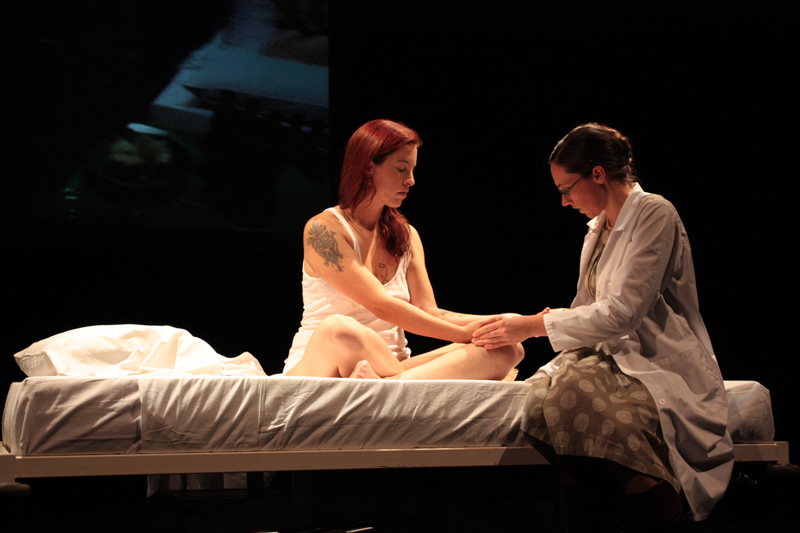
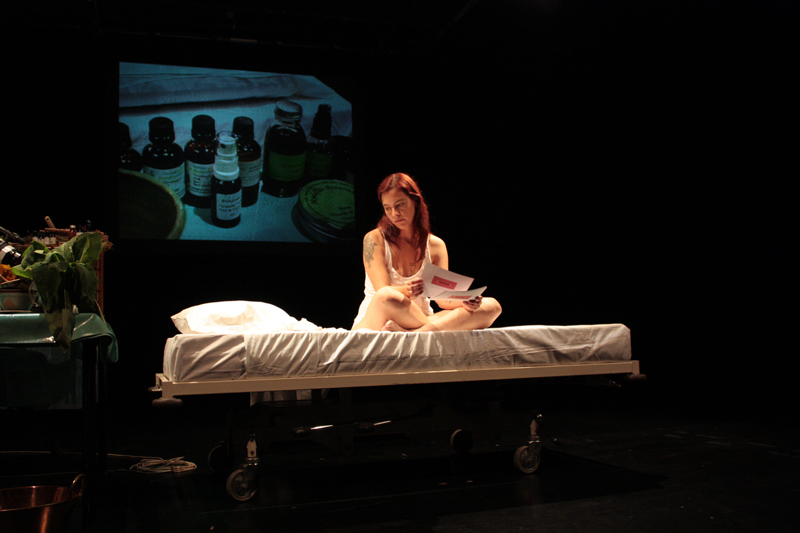
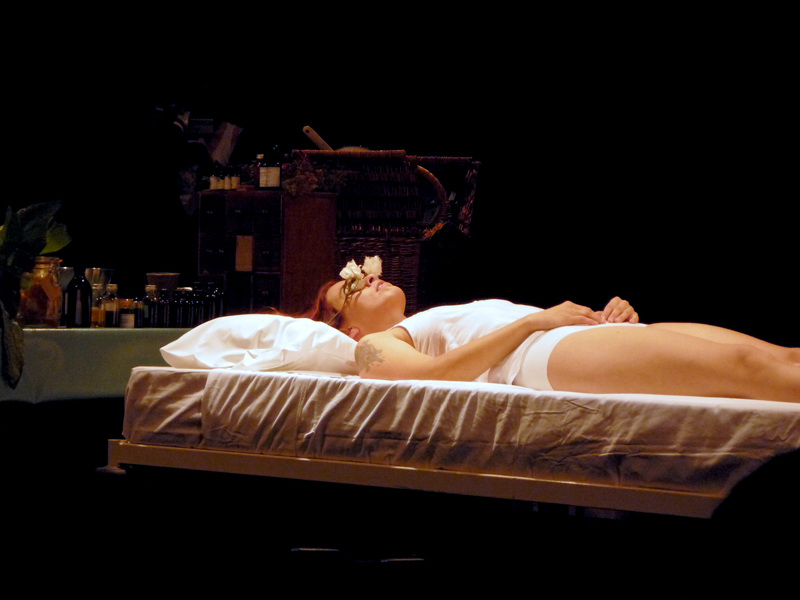
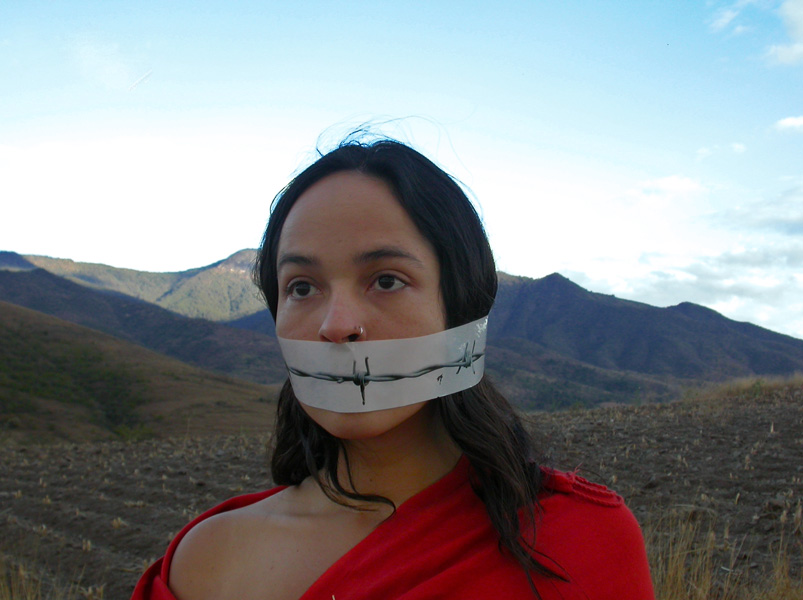
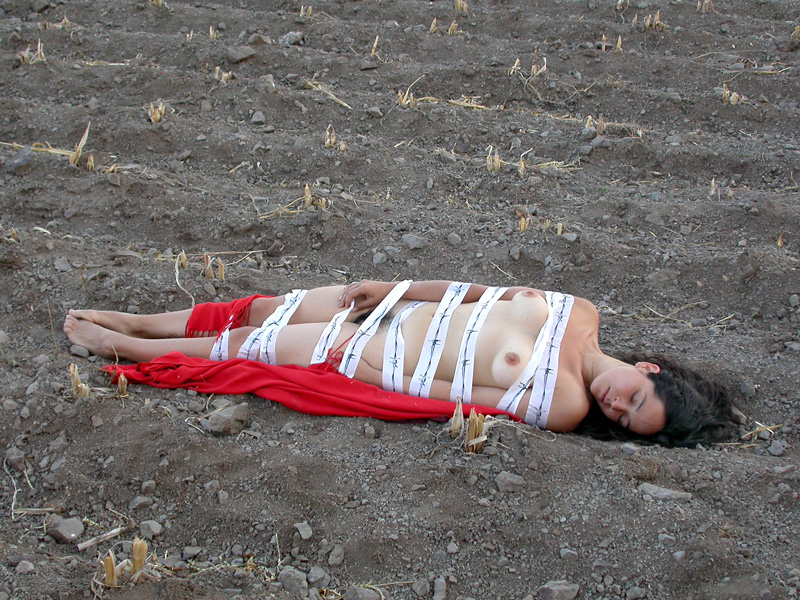
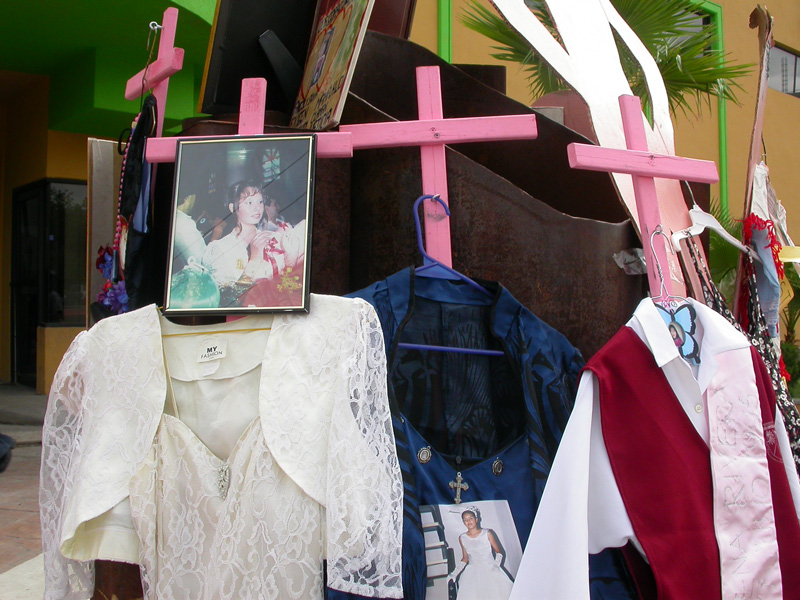
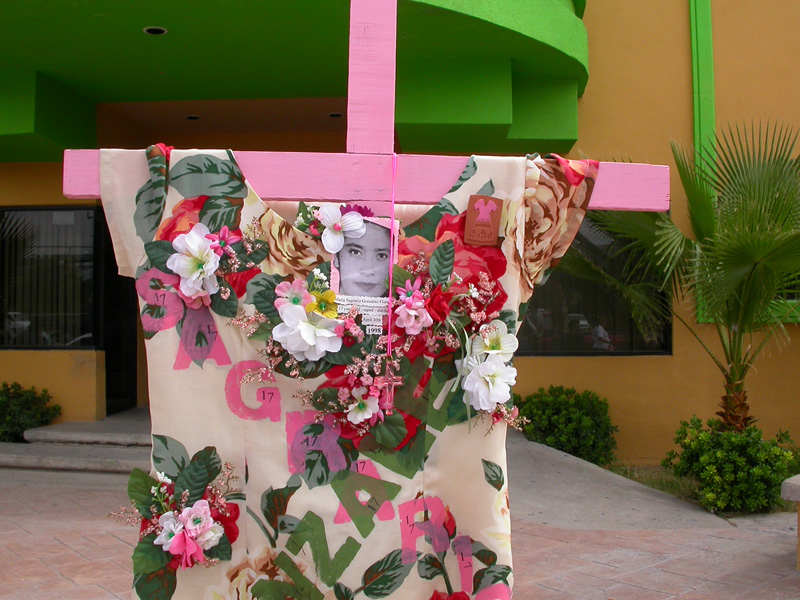
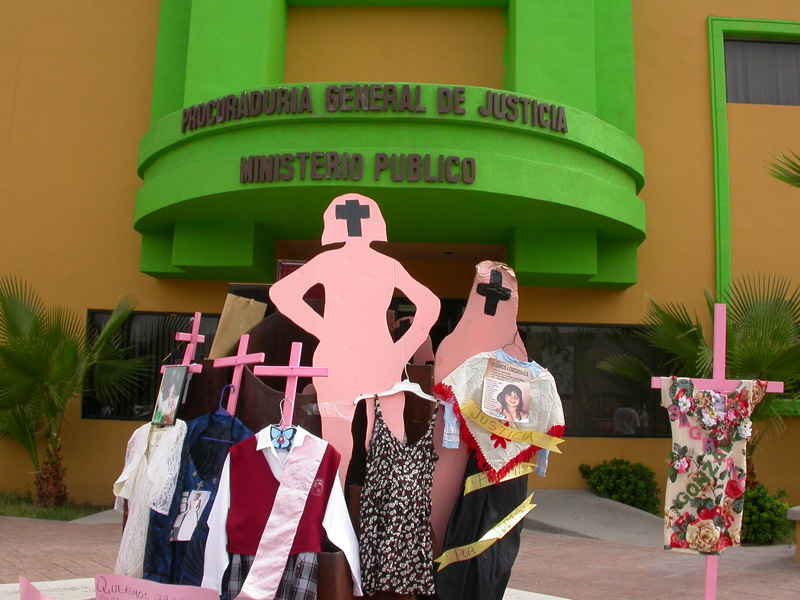
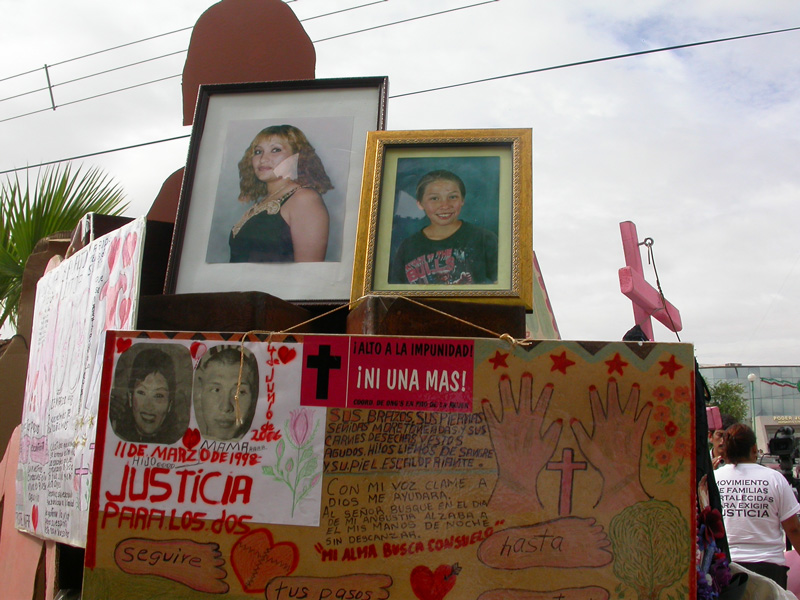
LECTURAS
• La tiranía del sentido común de Irmgard Emmelhainz
• Muros de agua de José Revueltas
• Película Minnie and Moskowitz del Dir. John Cassavetes
• The red parts de Maggie Nelson
NAVIGATE THROUGH MODULES
• Muros de agua de José Revueltas
• Película Minnie and Moskowitz del Dir. John Cassavetes
• The red parts de Maggie Nelson
NAVIGATE THROUGH MODULES
